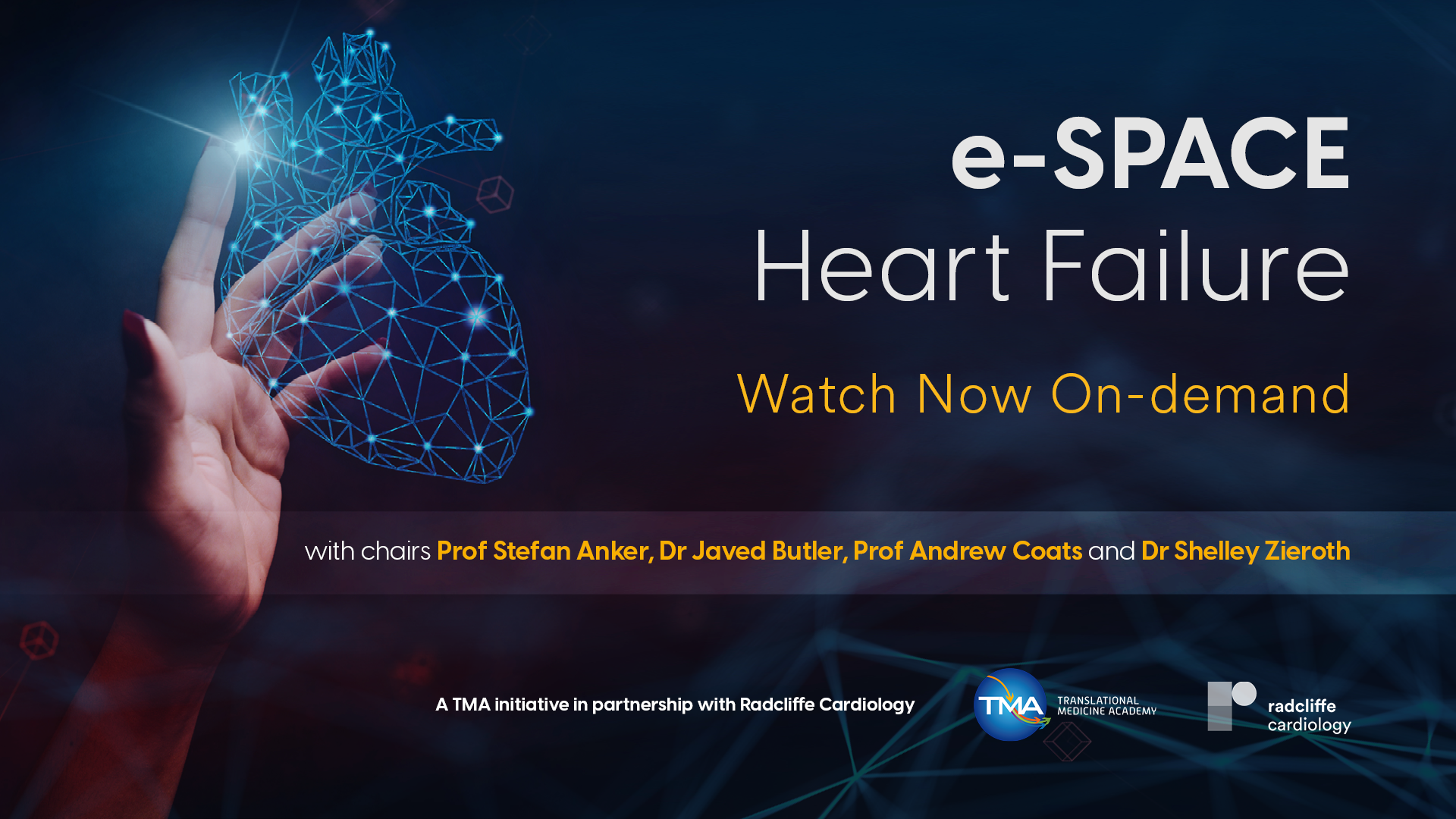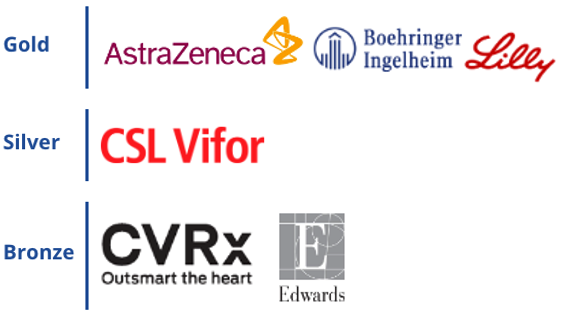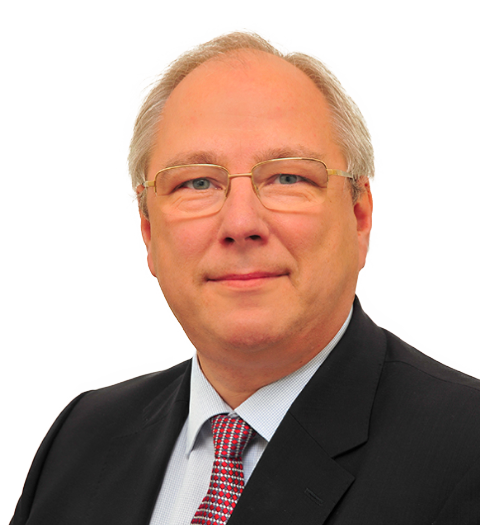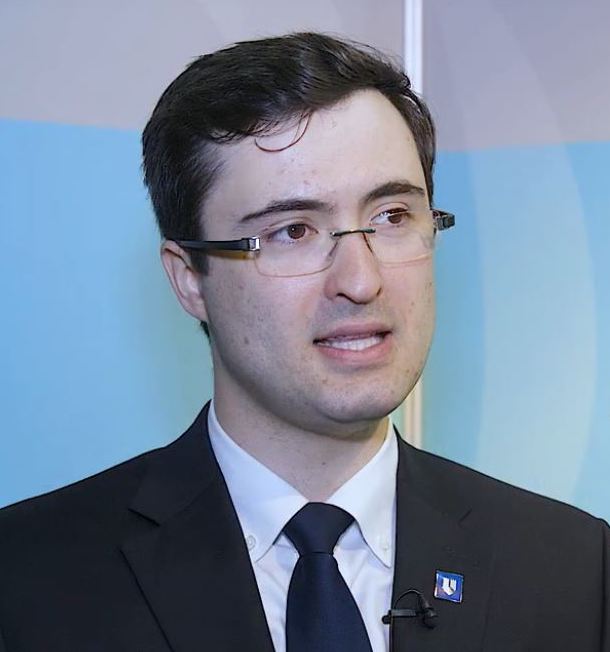e-SPACE Heart Failure 2022
Published: 19 October 2022
-
Views:
 17470
17470
-
Likes:
 7
7
-
Views:
 17470
17470
-
Likes:
 7
7
-
 Up Next
Up Next -
 1h 4m 11sPart 2 | Session 3 Plenary Session 8: New technologies to treat your patients
1h 4m 11sPart 2 | Session 3 Plenary Session 8: New technologies to treat your patients -
 1h 9sPart 2 | Session 4 Plenary Session 9: Comparing European and US recent guidelines
1h 9sPart 2 | Session 4 Plenary Session 9: Comparing European and US recent guidelines -
 46m 45s
46m 45s -
 1h 1m 38s
1h 1m 38s -
 30m 11s
30m 11s -
 1h 1m 4sPart 2 | Session 8 Plenary Session 11: Managing the HF patient with valvular heart disease
1h 1m 4sPart 2 | Session 8 Plenary Session 11: Managing the HF patient with valvular heart disease -
 31m 36s
31m 36s -
 1h 1m 28sPart 2 | Session 10 Plenary Session 12: Managing the patient with worsening and advanced HF
1h 1m 28sPart 2 | Session 10 Plenary Session 12: Managing the patient with worsening and advanced HF
-
 1h 1m 14sPart 1 | Session 1 Plenary Session 1: Implementing the 4 foundational therapies in clinical practice John J Atherton, Piotr Ponikowski, Mark Petrie, Gianluigi Savarese, Kieran Docherty
1h 1m 14sPart 1 | Session 1 Plenary Session 1: Implementing the 4 foundational therapies in clinical practice John J Atherton, Piotr Ponikowski, Mark Petrie, Gianluigi Savarese, Kieran Docherty
-
 32m 48sPart 1 | Session 2 Meet the expert: Emerging evidence across the spectrum of heart failure: new insights from the deliver trial (Supported by an educational grant from AstraZeneca) John JV McMurray, Rudolf A. de Boer
32m 48sPart 1 | Session 2 Meet the expert: Emerging evidence across the spectrum of heart failure: new insights from the deliver trial (Supported by an educational grant from AstraZeneca) John JV McMurray, Rudolf A. de Boer
-
 1h 22sPart 1 | Session 3 Plenary Session 2: Managing your HF patients with comorbidities (part 1) Yuhui Zhang, David Sim, Giuseppe Rosano, Vijay Chopra, Béla Merkely, A John Camm
1h 22sPart 1 | Session 3 Plenary Session 2: Managing your HF patients with comorbidities (part 1) Yuhui Zhang, David Sim, Giuseppe Rosano, Vijay Chopra, Béla Merkely, A John Camm
-
 36m 21sPart 1 | Session 4 Meet the expert: SGLT2 inhibition in patients with HFpEF ‒ a case-based discussion (Supported by an independent educational grant from Boehringer Ingelheim & Eli Lilly Alliance) Maurizio Volterrani, Anja Sandek
36m 21sPart 1 | Session 4 Meet the expert: SGLT2 inhibition in patients with HFpEF ‒ a case-based discussion (Supported by an independent educational grant from Boehringer Ingelheim & Eli Lilly Alliance) Maurizio Volterrani, Anja Sandek
-
 1h 1m 19sPart 1 | Session 6 Plenary Session 3: Using SGLT2 in your patients: practical considerations Philippe Gabriel Steg, Shelley Zieroth, Milton Packer, Muthiah Vaduganathan, Cecilia Bahit , Subodh Verma
1h 1m 19sPart 1 | Session 6 Plenary Session 3: Using SGLT2 in your patients: practical considerations Philippe Gabriel Steg, Shelley Zieroth, Milton Packer, Muthiah Vaduganathan, Cecilia Bahit , Subodh Verma
-
 41m 26sPart 1 | Session 7 Satellite Symposium: SGLT2 inhibition as foundational heart failure therapy: have we changed our practices? (Supported by an independent educational grant from Boehringer Ingelheim & Eli Lilly Alliance) Andrew JS Coats, Shelley Zieroth, Stefan Anker, Daniela Tomasoni, Clara Saldarriaga
41m 26sPart 1 | Session 7 Satellite Symposium: SGLT2 inhibition as foundational heart failure therapy: have we changed our practices? (Supported by an independent educational grant from Boehringer Ingelheim & Eli Lilly Alliance) Andrew JS Coats, Shelley Zieroth, Stefan Anker, Daniela Tomasoni, Clara Saldarriaga
-
 53m 32sPart 1 | Session 8 Plenary Session 4: Managing your HF patients with comorbidities (part 2) Giuseppe Galati, Altamash Y Shaikh, Ewa Jankowska, George L Bakris, Stephan Von Haehling, Javed Butler
53m 32sPart 1 | Session 8 Plenary Session 4: Managing your HF patients with comorbidities (part 2) Giuseppe Galati, Altamash Y Shaikh, Ewa Jankowska, George L Bakris, Stephan Von Haehling, Javed Butler
-
 33m 53sPart 1 | Session 9 Meet the expert: Best practice recommendations for the management of hyperkalemia (Supported by an educational grant from AstraZeneca) Clara Bonanad Lozano
33m 53sPart 1 | Session 9 Meet the expert: Best practice recommendations for the management of hyperkalemia (Supported by an educational grant from AstraZeneca) Clara Bonanad Lozano
-
 34m 37sPart 1 | Session 10 Meet the expert: Hyperkalaemia in patients with heart failure – dreadful side effect or manageable condition? (Supported by an unrestricted educational grant from CSL Vifor) Javed Butler, Ileana L Piña
34m 37sPart 1 | Session 10 Meet the expert: Hyperkalaemia in patients with heart failure – dreadful side effect or manageable condition? (Supported by an unrestricted educational grant from CSL Vifor) Javed Butler, Ileana L Piña
-
 1h 2m 37sPart 1 | Session 11 Plenary Session 5: Managing side effects of HF drugs Mitja Lainscak, Ambarish Pandey, Faiez Zannad, Justin Ezekowitz, Ileana L Piña, Harriette Van Spall
1h 2m 37sPart 1 | Session 11 Plenary Session 5: Managing side effects of HF drugs Mitja Lainscak, Ambarish Pandey, Faiez Zannad, Justin Ezekowitz, Ileana L Piña, Harriette Van Spall
-
 37m 5sPart 1 | Session 12 Meet the expert: Sex differences in advanced heart failure Andrew JS Coats, Aditi Nayak
37m 5sPart 1 | Session 12 Meet the expert: Sex differences in advanced heart failure Andrew JS Coats, Aditi Nayak
-
 1h 1m 4sPart 1 | Session 13 Plenary Session 6: How to manage the obese patient with HF Antonio Ceriello, Naveed Sattar, Stefan Anker, Tammy Lyn Kindel, Andrew JS Coats, Jean-Philippe Minart
1h 1m 4sPart 1 | Session 13 Plenary Session 6: How to manage the obese patient with HF Antonio Ceriello, Naveed Sattar, Stefan Anker, Tammy Lyn Kindel, Andrew JS Coats, Jean-Philippe Minart
-
 1h 2m 46sPart 2 | Session 1 Plenary Session 7: New technologies to manage your patients Vijay Chopra, Rishi Sethi, Friedrich Koehler, Jasper J Brugts, William T Abraham, Leor Perl
1h 2m 46sPart 2 | Session 1 Plenary Session 7: New technologies to manage your patients Vijay Chopra, Rishi Sethi, Friedrich Koehler, Jasper J Brugts, William T Abraham, Leor Perl
Overview
e-SPACE Heart Failure 2022 was the third edition of the annual global online conference on heart failure. Bringing together thought-leaders from across the globe and broadcast over three time-zones – Asia, Europe, and the Americas – e-SPACE Heart Failure 2022 optimised geographical reach whilst delivering both global and regional insight.
Course leadership Prof Stefan Anker (Charité Campus Virchow-Klinikum, Berlin, DE), Dr Javed Butler (Baylor Scott and White Research Institute, Texas, US), Prof Andrew Coats (University of Warwick, Coventry, UK) and Dr Shelley Zieroth (University of Manitoba, Manitoba, CA) lead an interactive programme of plenary sessions, meet the experts, case discussions and industry sponsored sessions focusing on the patient journey.
For the first time, e-SPACE Heart Failure 2022 brought together TMA’s mandate for the delivery of continuing professional development to healthcare professionals to achieve concordance with appropriate treatment plans, with Radcliffe Cardiology’s goal to deliver cardiovascular knowledge to best support cardiovascular communities transform theory into practice.

Learning Objectives
- Review the burden of heart failure with reduced ejection fraction (HFrEF) and heart failure with preserved ejection fraction (HFpEF) as one of the leading causes of disability and mortality worldwide
- Understand the latest guideline recommendations and discuss their applicability according to patients phenotypes
- Discuss the implementation in clinical practice of the four foundational therapies and additional drugs and devices to improve patient outcomes
- Develop a comprehensive understanding of best practices for the screening, diagnosis and management of the patient with heart failure and comorbidities
- Translate the findings of recent studies and guidelines into optimal patient management in the regional contexts
Target Audience
- Heart Failure Specialists
- General Cardiologists
- General Practitioners (GPs)
- Nurses, Pharmacists, and other Allied Healthcare Professionals
More from this programme
Part 1
Day 1
Part 2
Day 2
Faculty Biographies

Stefan Anker
Professor of Cardiology
Prof Stefan Anker is professor of (Tissue) Homeostasis in Cardiology & Metabolism at Charité Berlin, Germany, since June 2017. Prodigious researcher who has authored more than 1,000 articles. He has also won several prizes, including the 2018 Copernicus Prize of German DFG & Polish FNP. In October 2020, he was awarded a Doctor honoris causa of Medical University Wroclaw, Poland.
Prof Anker has been serving on the board of the Heart Failure Association (HFA) of the ESC since 2006 and was HFA President from 2012 to 2014. He currently chairs the HFA committee on regulatory affairs. He is founding Editor-in-Chief of the first open-access heart failure journal, ESC Heart Failure. Prof. Anker has served on several ESC Guideline task forces.
Prof Anker is the founding president of the International Society on Sarcopenia, Cachexia and Wasting Disorders (SCWD) and founding Editor-in-Chief of the Journal of Cachexia, Sarcopenia and…

Marat Fudim
Assistant Professor
Dr Marat Fudim is a cardiologist, advanced heart failure specialist and assistant professor at Duke University, Durham, US. He has a clinical and research interest in heart failure, including advanced therapies such as mechanical assist devices or "heart pumps" and heart transplantation.
As part of his work, Dr Fudim also performs cardiac catheterizations to understand a patient’s disease.





